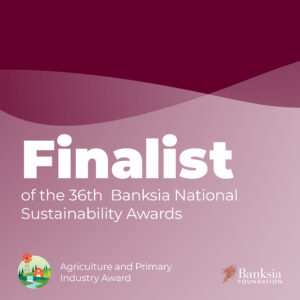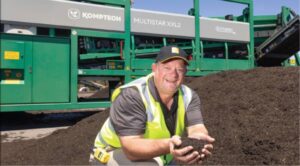Wetlands – Mother Nature’s water cleaning service
Soil organic matter (humus) is 50% carbon. In the soil, carbon acts just like your home carbon water filter, capturing heavy metals and toxins that are unwanted in the water supply.
Suburbs represent many of the modern problems of water movement. Original vegetation slowed runoff from rain events, which meant maximum absorption of that water at the site. When we construct suburbs we cover much of the surface with roads and roofs. When rainfall hits a hard surface, causing it to move sideways, it can quickly gain momentum. Fast moving water can hold onto pollutants and contaminants, very successfully transporting these over long distances. Instead of going into the soil most water in urbanised areas ends up in the drainage system and ultimately in streams and rivers where the full nutrient and pollutant load is dumped.
There is a case here for rain gardens in suburban houses and a collection of vegetated swales as drainage points within suburbs. The concept of these systems is to have plants growing in high humus soils to slow the infiltration rate and pull out the nutrients and pollutants before the water gets into aquifers and waterways.
What can we do to reduce pollution pressure on our aquifers and above ground waterways?
Build soil carbon by incorporating mature composted products as soil improvers or as surface covering mulch.
Reduce fertiliser use. Start out by cutting the quantity of fertiliser you would normally apply by half. Make up the difference with soil carbon in the form of soil conditioner, mulch or organic top dressing for lawns.
Reduce the use of chemical biocides (herbicides, pesticides fungicides). One approach is to use exclusion netting to keep birds, mites and insects from damaging crops.
Store, handle and dispose of chemicals safely.
Change garden practices to reduce water use. Natives and succulents as well as dry climate plants from around the world, need less water to keep them alive in our hot dry WA summers.

Grevillea “Superb” a tough Australian native plant


Protea from South Africa make excellent drought hardy additions to WA gardens

Succulents like Euphobia “Firesticks” are also low water users in the garden.





